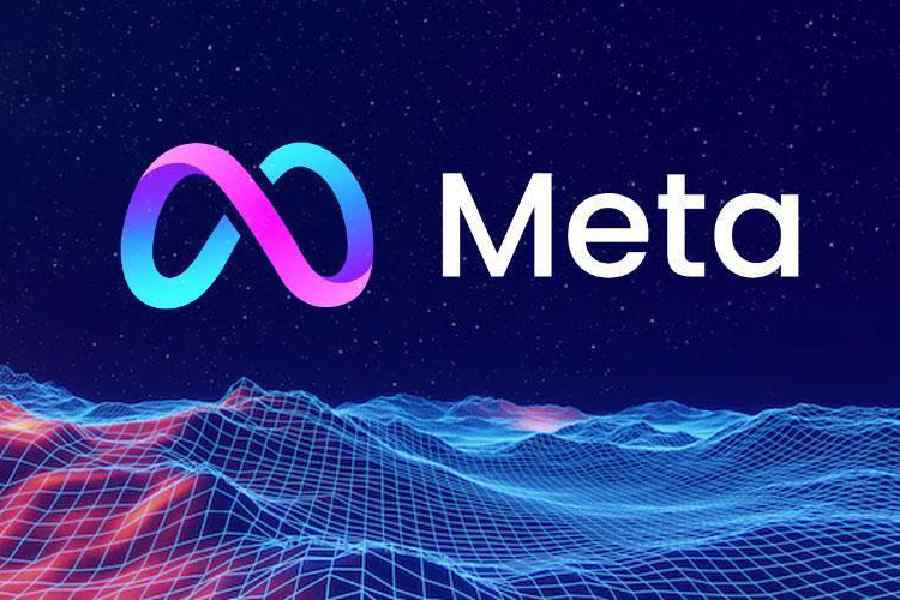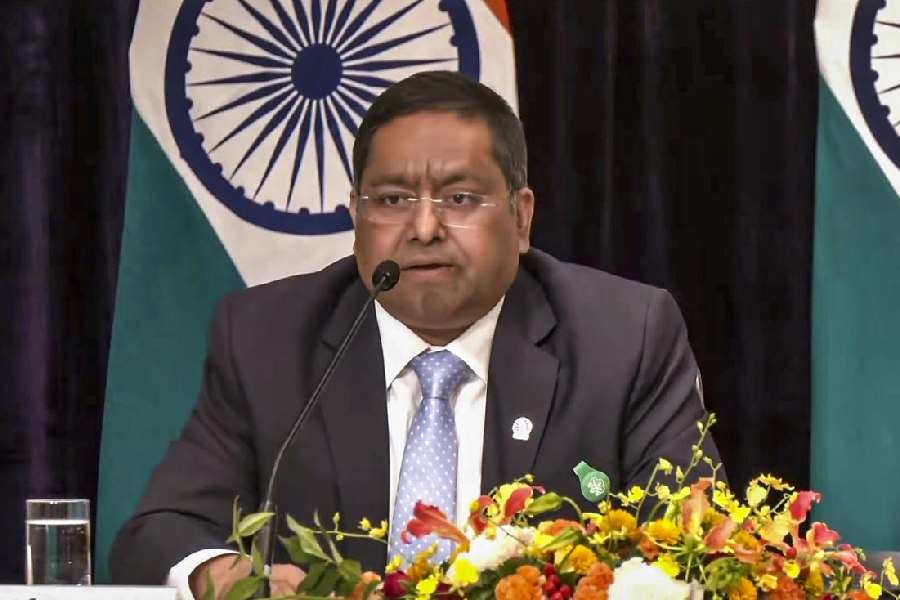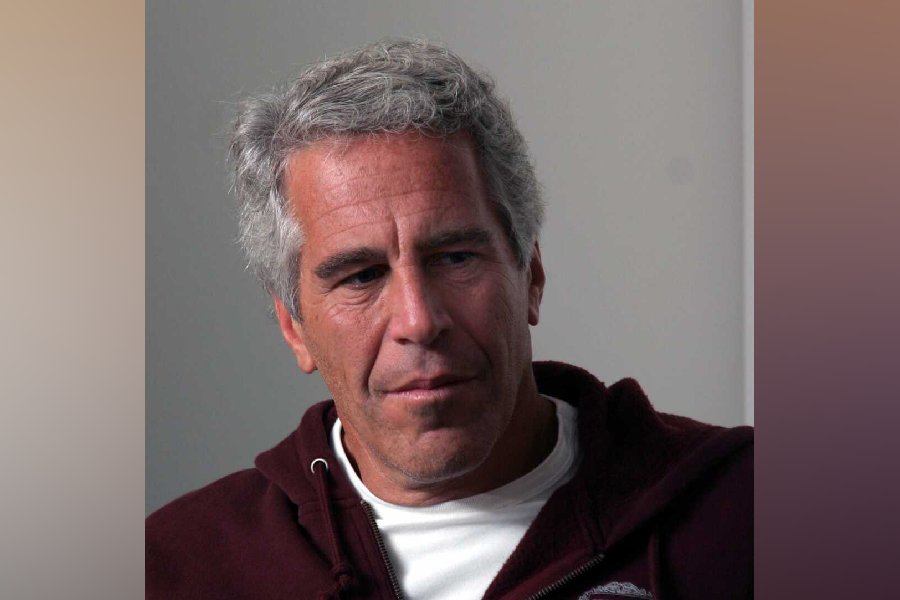Shareholders of Meta Platforms — the parent of social media giant Facebook — will vote on Wednesday on a controversial proposal moved by a group of free speech advocacy activists that seeks to end what they call the“political entanglement and content management biases” that permeate the Indian operations of Facebook, WhatsApp and Instagram.
The resolution, put forward by SumOfUs, acting on behalf of Mari Mennel-Bell, requests Meta to commission a non-partisan assessment of the allegations of bias, focusing on how the platform has been utilised to foment ethnic and religious conflict and hatred in India.
SumOfUs – now recognised as Eko – is an international non-profit advocacy organisation and online community.
Apar Gupta, founding director of the New Delhi-based Internet Freedom Foundation, will present Proposal 7 before Meta shareholders, says a filing submitted by the company to the Securities and Exchange Commission (SEC).
It says that the Meta platform “has been utilised to foment ethnic and religious conflict and hatred” over several years in its biggest market and “presents danger to the company’s reputation, operation and investors”.
Meta’s platforms have a significant presence in India with more than half a billion people using its services.
The proposal says the assessment ought to evaluate evidence of political biases in the company’s activities, and ascertain whether the content management algorithms and personnel in India have the scale and multilingual capacity necessary to curtail mass dissemination of hate speech and disinformation.
The proposal carries a long list of events precipitated by inflammatory comments on Facebook and WhatsApp including the communal clashes in Delhi in 2020 that resulted in 53 deaths. It slams Meta for resisting summons from lawmakers after a fact-finding report pointed towards Meta’s role in fomenting trouble.
The proposal, quoting a Wall Street Journal report, said Ankhi Das, Facebook’s former senior policy official in India, had opposed the idea of labelling a BJP politician as “dangerous” and banning him from the platform. Das claimed that taking action against the politician would negatively impact Facebook’s business in India. She quit in 2020 after she was accused of being politically partisan and a controversy erupted over her alleged decision not to delete certain inflammatory posts from the platform that were designed to incite violence against a particular community.
The shareholders also pointed out that Shivnath Thukral, who currently oversees public policy for all Meta platforms in India, had assisted in the BJP’s election campaign in 2014.
“You all have a historic opportunity to prevent complicity in human rights abuse. I urge you to vote for this resolution,” the resolution reads and says that this needs urgent attention because of Meta’s continued silence over the issue in the past three years “which is all the more troubling since India is set to witness a polarizing general election in May 2024”.
Tough vote
The proposal will in all likelihood fail because of the company’s dual-class share structure that gives promoter Mark Zuckerberg and his associates overwhelming voting rights to squelch any shareholder-driven plan that they do not support.
Zuckerberg has a 13.57 per cent stake in Meta but controls 61.9 per cent of the voting rights because of the super-voting shares he holds.
US institutional investors like Vanguard (7.05 per cent), BlackRock (5.92 per cent), FMR LLC (4.62 per cent) and Capital Research and Management Company (4.11 per cent) hold a significant shareholding in the company — and the free speech activists are hoping to persuade them to vote in favour of their proposal.
They have the support of Glass Lewis, a prominent advisory service that offers guidance to institutional investors, which has recommended that shareholders should vote in favour of the proposal.
In a 90-page proxy advisory to shareholders ahead of the meeting, Glass Lewis said Meta’s human rights impact assessment report carried out by US law firm Foley Hoag in 2019 as well as the company’s monthly reports on India operations had “not been substantial or transparent enough to provide shareholders with the information they need to understand how the company is managing its risk related to its platforms in India”.
The Meta board has opposed the proposal.
“Given our ongoing efforts to address this topic, the requested report is unnecessary and would not provide additional benefit to our shareholders,” Meta’s Board said. “Therefore, our board of directors recommends that our shareholders vote against this proposal.”
Meta’s board said: “We already provide extensive disclosure on our human rights policies and practices and have published an independent human rights impact assessment regarding potential human rights risks in India that we believe addresses the proposal.”
Meta said it had invested substantially in identifying hate speech in India in various languages, including Hindi and Bengali, two of the most widely used languages. It claimed that the hate speech classifiers on its platforms allow it to proactively detect potentially harmful content through the use of artificial intelligence.
It also said it relied on a strong network of fact-checking partners with the ability to fact-check content in 15 Indian languages and English.










